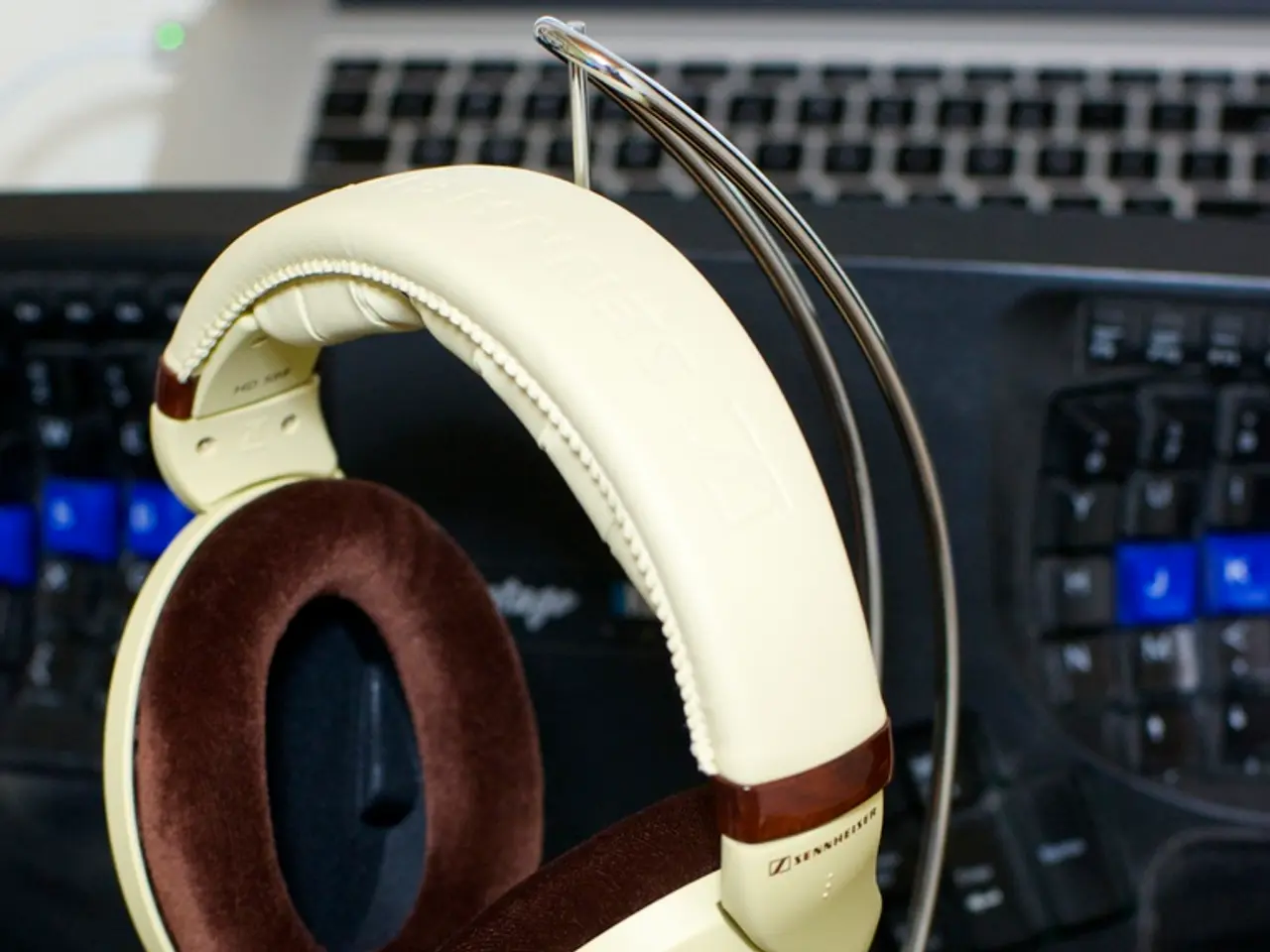Are All Headphones Compatible with Every Laptop Model?
Headphone Compatibility with Laptops: A Guide
When it comes to using headphones with your laptop, there are several compatibility considerations to keep in mind. These include the type of headphone connection, operating system support, and audio port availability.
Connection Types
The majority of modern laptops support the standard 3.5 mm headphone jack, which is compatible with many headphones. However, some newer laptops are opting for USB-C ports instead, which provide digital audio and may support advanced features like active noise cancellation. USB headsets (wired or wireless) connect via USB ports and may require manual configuration or automatic driver support depending on the OS.
Operating System Compatibility
Certain headphones or audio interfaces may require specific OS versions for full driver and feature support. For example, Windows 10 (64-bit) or macOS Big Sur (11) or newer are often required for full compatibility. Linux, Chromebooks, and iPads may have limited compatibility with some specialized headsets or software. Some audio software or headphones may not support pre-release OS versions or systems like AMD that are untested.
Hardware and Software Requirements
USB or Thunderbolt audio devices may need specific drivers or software versions installed on the laptop to work properly. Manual audio device configuration might be necessary for some standard headsets on certain systems.
Additional Factors
Laptops with combo headphone/microphone jacks may not be fully compatible with all headset models unless separate mic and headphone functions are supported. Use of adapters or splitters may be necessary when port types do not match headphone connectors.
When buying headphones, consider factors like sound quality, comfort, durability, and intended use to make a sound choice that resonates well with your needs. Most headphones can connect to laptops via 3.5mm audio jack, USB, or USB-C connectors, or Bluetooth.
Older laptops or budget models may lack Bluetooth support, making it impossible to use wireless headphones without an external Bluetooth adapter. To connect certain headphones to your laptop, you might need an adapter, especially for non-standard connectors or USB-C to 3.5mm adapters. To use Bluetooth headphones effectively, ensure your laptop's Bluetooth drivers are up-to-date.
If you experience audio issues with your headphones, check connections and adjust laptop settings. If your microphone on headphones isn't working, check the default input device within your laptop's sound settings. Research user reviews and product specifications to ensure you're receiving value for your money when buying headphones.
Remember, the quality of the built-in microphone can vary significantly among headphones, so if you're planning on using your headphones for video calls or gaming, consider headphones with integrated microphones that offer better sound quality. When choosing headphones for your laptop, consider the intended use: casual listening, gaming, or professional work.
In summary, ensure the laptop has the necessary audio ports (3.5 mm, USB, or USB-C), runs a supported OS version, and that any required drivers or configuration are handled to guarantee headphone compatibility and expected features.
When purchasing headphones, consider factors like sound quality to ensure a good listening experience, and ensure they are compatible with your laptop's audio ports (3.5 mm, USB, or USB-C). Some headphones may require specific OS versions for full driver and feature support, such as Windows 10 (64-bit) or macOS Big Sur (11) or newer.




